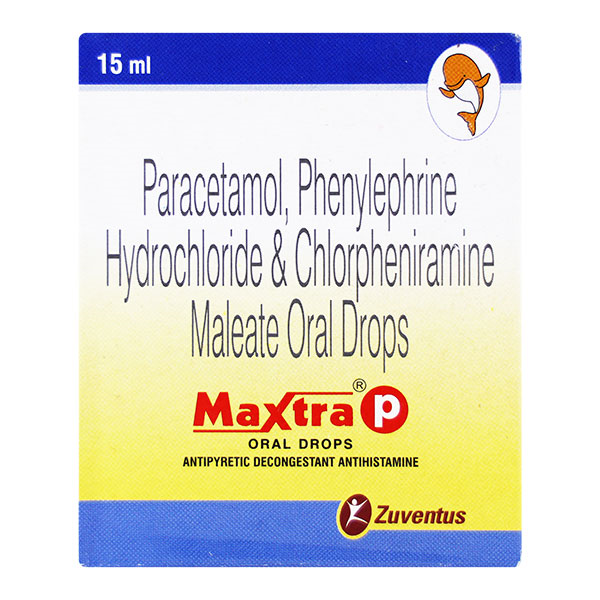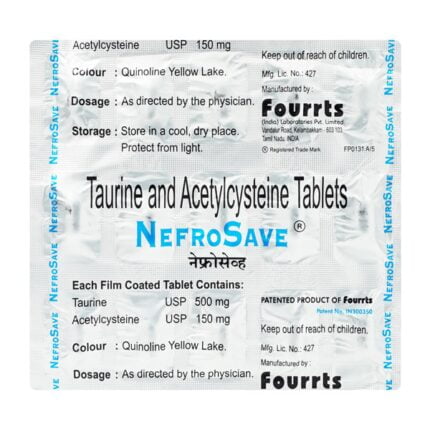Maxtra P Oral Drops is commonly prescribed in children to treat common cold symptoms like sore throat, runny nose, cough, sneezing, watery eyes, body ache, and fever.
Give Maxtra P Oral Drops to your child by mouth with or without food. Children often have a sensitive stomach and complain of stomach upset while taking medicines. Prefer giving this medicine with food if this happens. Always remember that the dosing schedule provided by your child’s doctor depends on the type of symptoms your child has, so make sure to follow the prescribed dose, time, and way strictly.
Give Maxtra P Oral Drops at a fixed time each day so that it gradually makes a place in your child’s daily routine, which will help you to remember. If your child vomits within 30 minutes of taking this medicine give the same dose again. However, never repeat the dose if it’s already time for the next dose. Your child may start to feel better within a week of regular dosing. However, you must continue giving the medicine to your child to finish the complete prescribed course as stopping it abruptly may worsen your child’s condition.
Some of the minor and temporary side effects that your child may experience while taking this medicine include vomiting, diarrhea, nausea, dizziness, rash, and headache. Usually, these episodes subside once your child’s body adapts to the medicine. In case these side effects persist or become bothersome for your child, consult your child’s doctor without any delay.
USES OF MAXTRA P ORAL DROPS IN CHILDREN
- Treatment of common cold
BENEFITS OF MAXTRA P ORAL DROPS FOR YOUR CHILD
In Treatment of Common cold
Maxtra P Oral Drops usually starts to work within a few minutes and the effects can last up to several hours. Take it as prescribed by the doctor. Do not stop using it unless you are advised to by your doctor. Taking this medicine enables you to live your life more freely without worrying so much about things that set off your symptoms.
SIDE EFFECTS OF MAXTRA P ORAL DROPS IN CHILDREN
Common side effects of Maxtra P
- Diarrhea
- Rash
- Nausea
- Headache
- Insomnia (difficulty in sleeping)
- Dizziness
- Tachycardia
- Palpitations
- Fear
- Anxiety
- Restlessness
- Tremors
- Weakness
- Discomfort when urinating
- Hallucination
- Convulsion






















